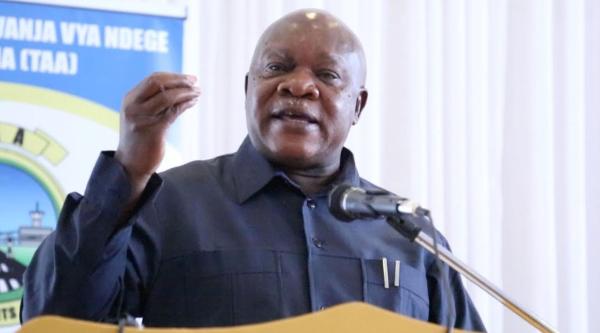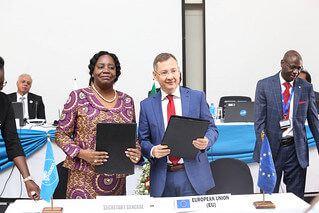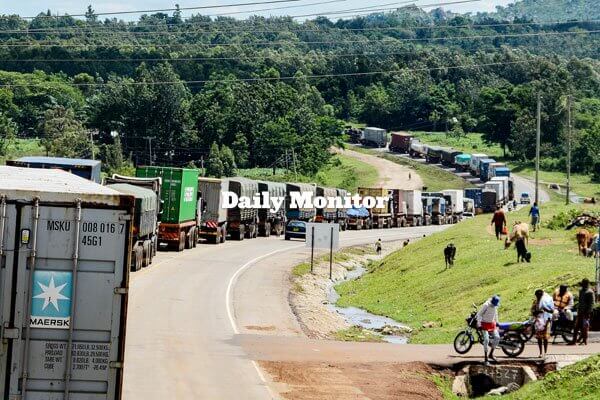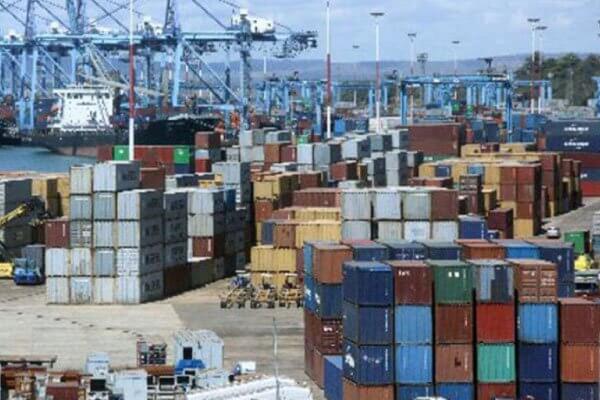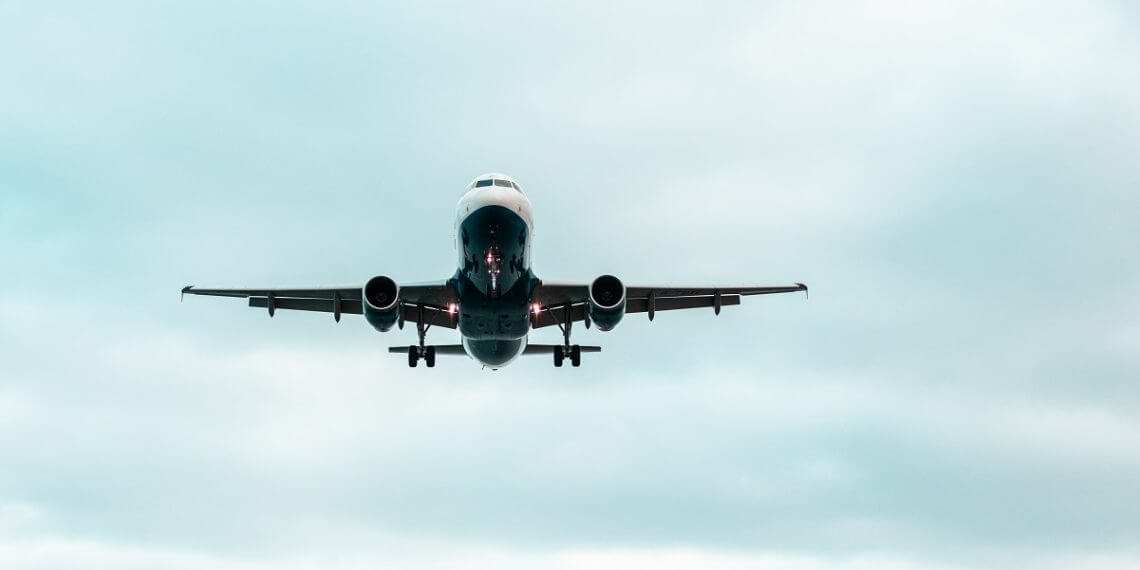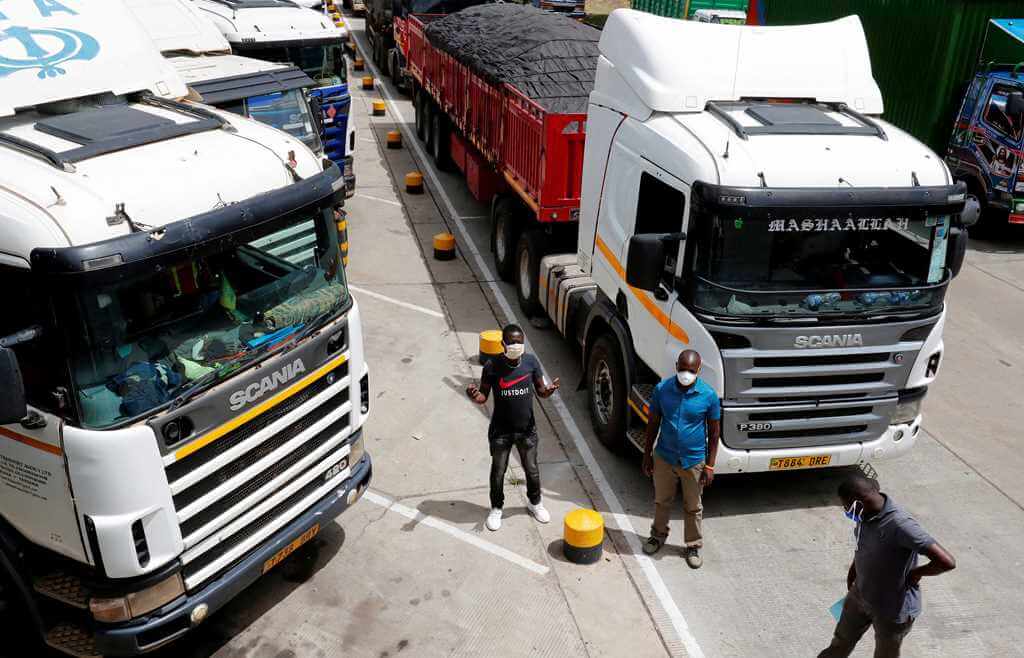Dar es Salaam. Tanzania government has said they will hold talks with Rwanda in an effort to end border crossing nightmare for cargo drivers that was triggered by coronavirus outbreak, Transport and Communication minister Isack Kamwelwe has said. “We understand the challenges that truck drivers have been going through and we are working on them… We will be holding a meeting with Rwanda anytime to discuss the challenges,” Mr Kamwelwe told The Citizen yesterday. He did not state when the meeting will be held but maintained it would be held soon. His response followed a concern by the Tanzania Truck Owners Association (Tatoa), who said yesterday that the ongoing border rows pitying as countries up their fights against Covid-19 pandemic was bad for the economies. Tatoa chairperson Angelina Ngalula said yesterday that the government should review talks with neighboring countries to enable them work in a friendly envi-ronment.It was reported three weeks ago that East African neighbors Rwanda and Tanzania have reached an agreement that puts an end to the impasse between long-distance truck drivers and authorities at the border.. Kigali employed mandatory tests of truckers at its borders mainly at the Rusumo border with Tanzania to curb the spread of the virus through long-haul truck drivers moving goods across the region, a.It also mandated a relay system that would see Tanzanian drivers hand over their trucks to Rwanda’s, an idea the former rejected. Tatoa said it was unfortunate that some countries in the region were rejecting Covid-19 clearance certifi-cates...
Tanzania and Rwanda to hold fresh talks over on cargo drivers’ row
Posted on: June 16, 2020
Posted on: June 16, 2020

